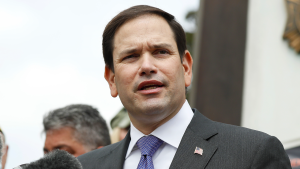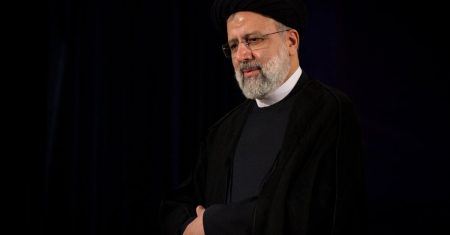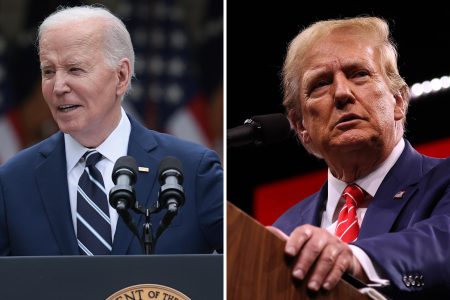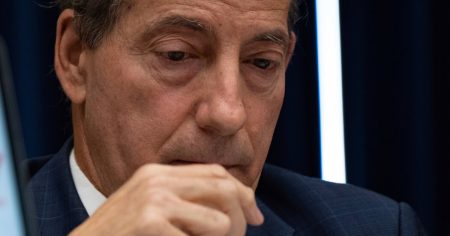Judge Aileen M. Cannon, overseeing former President Donald J. Trump’s classified documents case, has delayed the start of the trial due to unresolved legal issues. The decision to scrap the May 20 start date was expected given the complexity of the pretrial matters. Some of the unresolved issues include Mr. Trump’s pending motions to dismiss the case and questions about the Classified Information Procedures Act, determining which sensitive information can be revealed during the trial. Mr. Trump is accused of mishandling classified material after leaving the White House and obstructing the government’s retrieval efforts.
Judge Cannon had previously indicated a willingness to adjust the trial timing as early as November, but did not make any decisions until her recent order. The timing of the trial is crucial in light of Mr. Trump’s other federal case regarding the 2020 election, as the outcome could be influenced by the timing of a potential trial. If proceedings are postponed until after the election and Mr. Trump wins, he may order the Justice Department, under his control, to drop the charges. The schedule set by Judge Cannon extends into late July, making an August trial date impractical, despite Mr. Trump’s lawyers’ readiness for an August trial.
Throughout the case, Judge Cannon has given Mr. Trump’s legal team significant leeway in defending him, allowing hearings on motions that others might have dismissed. She has scheduled a two-day proceeding in late June to determine the members of the prosecution team, as advised by Mr. Trump’s lawyers. They argue that members of the U.S. national security establishment were part of the prosecution team, seeking information on potential collusion in bringing the case against Mr. Trump. Another hearing in late May will address claims of selective and vindictive prosecution against Mr. Trump’s co-defendant, Walt Nauta, and could encompass accusations of political bias.
In her scheduling, Judge Cannon has postponed the deadline for Mr. Trump’s lawyers to submit a detailed inventory of the classified materials intended for the trial. This inventory is essential, as it will dictate the scope of the battle between the defense and prosecution over which classified materials can be presented to the jury. The delay in the inventory deadline was granted at the request of Mr. Trump’s lawyers, who cited the alleged failure of Mr. Smith’s team to preserve document integrity. The fight over which materials will be allowed in the trial will involve balancing issues of national security and public access, and has the potential to draw out the legal process for several months.
The trial calendar set by Judge Cannon includes multiple hearings and filing deadlines that have a significant impact on the case. The decision about when to start the trial holds particular importance in Mr. Trump’s situation, as the outcome could be influenced by the timing of the federal proceedings and the subsequent election. The challenges presented by unresolved pretrial matters, including Mr. Trump’s motions to dismiss and issues regarding classified information disclosure, require thorough consideration before a new trial date can be set. Judge Cannon’s order outlines a series of steps leading into late July, indicating a deliberate and cautious approach in managing the complex legal proceedings surrounding Mr. Trump’s classified documents case.















